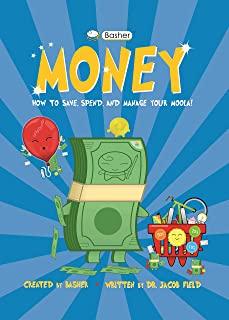
Stiglitz, Joseph E.
product information
description
6Un brillante y provocador manifiesto para salvar al capitalismo de s mismo. Todos tenemos la sensaci n de que el sistema econ mico se inclina a favor de las grandes empresas. Unas pocas corporaciones dominan sectores enteros; la industria financiera regula la econom a a su antojo; los gobiernos negocian acuerdos comerciales que en absoluto benefician a los intereses de los ciudadanos; y las tecnol gicas custodian celosamente una ingente cantidad de datos personales sin supervisi n y trafican con ellos. Las nuevas tecnolog as, lejos de ayudar, tienden a empeorar las cosas, contribuyendo a disparar la desigualdad, ralentizar el crecimiento y fomentar el desempleo. Pese a todo, Joseph Stiglitz, premio Nobel de Econom a, insiste en que, aunque no nos lo parezca, tenemos el poder de reconstruir los cimientos del capitalismo. En este oportuno libro, identifica las verdaderas fuentes de la prosperidad econ mica compartida, basadas en la investigaci n, la educaci n y el imperio de la ley. Consciente de los peligros del fundamentalismo de mercado, y de la amenaza al poder judicial, las universidades y los medios de comunicaci n, instituciones que durante mucho tiempo han sido la base de la prosperidad y la democracia, nos descubre c mo hemos llegado a esta situaci n y marca el camino para combatir algunos de los mayores desaf os de nuestro tiempo. ENGLISH DESCRIPTION A Nobel prize winner challenges us to throw off the free market fundamentalists and reclaim our economy. We all have the sense that the American economy―and its government―tilts toward big business, but as Joseph E. Stiglitz explains in his new book, People, Power, and Profits, the situation is dire. A few corporations have come to dominate entire sectors of the economy, contributing to skyrocketing inequality and slow growth. This is how the financial industry has managed to write its own regulations, tech companies have accumulated reams of personal data with little oversight, and our government has negotiated trade deals that fail to represent the best interests of workers. Too many have made their wealth through exploitation of others rather than through wealth creation. If something isn't done, new technologies may make matters worse, increasing inequality and unemployment. Stiglitz identifies the true sources of wealth and of increases in standards of living, based on learning, advances in science and technology, and the rule of law. He shows that the assault on the judiciary, universities, and the media undermines the very institutions that have long been the foundation of America's economic might and its democracy. Helpless though we may feel today, we are far from powerless. In fact, the economic solutions are often quite clear. We need to exploit the benefits of markets while taming their excesses, making sure that markets work for us―the U.S. citizens―and not the other way around. If enough citizens rally behind the agenda for change outlined in this book, it may not be too late to create a progressive capitalism that will recreate a shared prosperity. Stiglitz shows how a middle-class life can once again be attainable by all. An authoritative account of the predictable dangers of free market fundamentalism and the foundations of progressive capitalism, People, Power, and Profits shows us an America in crisis, but also lights a path through this challenging time.
member goods
No member items were found under this heading.
Return Policy
All sales are final
Shipping
No special shipping considerations available.
Shipping fees determined at checkout.







